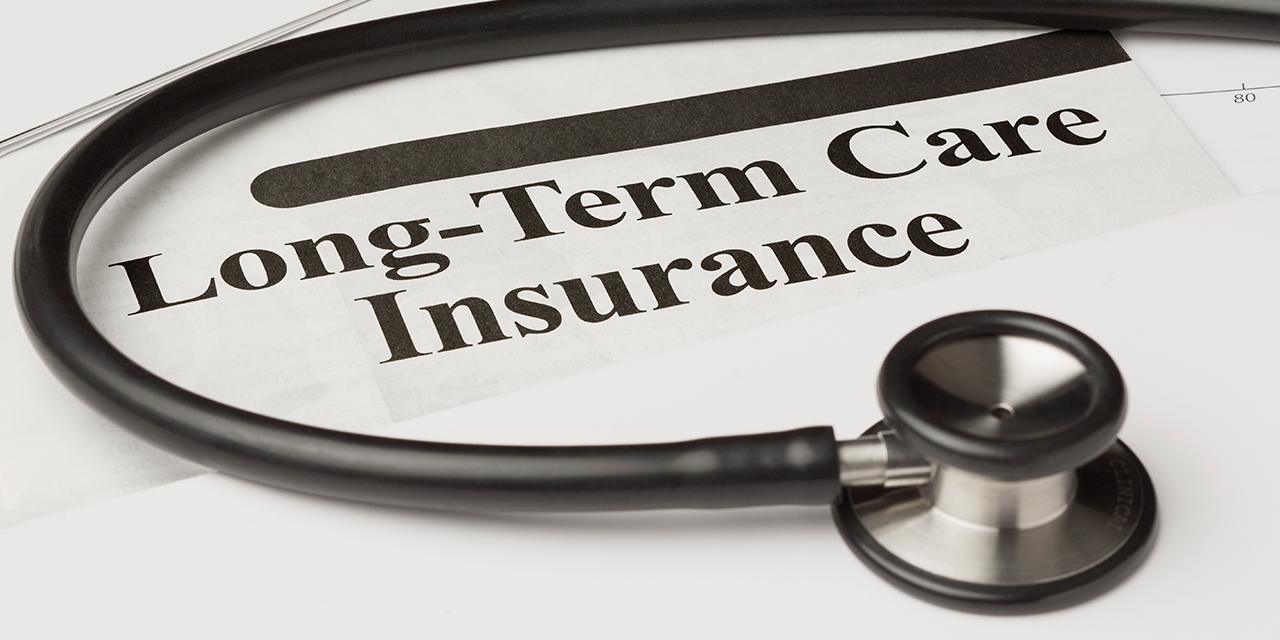
What Medicare Doesn’t Cover
Medicare is an enormously useful insurance program for retirees, but it is far from comprehensive in its coverage. Medicare consists of five major parts, and the coverage that’s free to everyone - Parts A and B – won’t cover all your healthcare needs as you age.
Before you began drawing on Medicare, it's important to know what it doesn’t cover – and to have a plan in place to make sure your health care needs are met. Here are some things Medicare does not cover, and what some of your options are.
Dental Care
Medicare Parts A and B do not cover routine dental care. They do pay for dental services that are part of a covered procedure (e.g., reconstruction of the jaw), but not regular checkups.
Your Options
Medicare Advantage Plans, sometimes called Medicare Part C, are offered through private insurance companies and often provide dental coverage, although not always. So before you sign up for one, check to find out exactly which services are covered and how much is left for you to pay out of pocket. Also, note that while Medicare supplement plans — also known as Medigap plans — can cover out-of-pocket expenses from Medicare Parts A and B, they generally do not cover dental work.
Eye Care
Medicare doesn’t usually cover regular eye exams, eyeglasses or contact lenses, although it does cover some optical care services if you have a chronic eye condition, such as cataracts or glaucoma. It will also cover emergency room procedures and any eye conditions requiring hospitalization.
Your Options
Medicare Advantage plans generally cover standard vision testing, glasses and contacts. Most employer plans cover optical care, so if you’re recently retired, you might try to continue that portion of your insurance through a COBRA plan.
Hearing Aids
While Medicare does not cover hearing aids, many Medicare Advantage plans do. In addition, there have been proposals in Congress to add hearing benefits to Medicare, most recently in a version of the Build Back Better Act that was floated in 2021. While ultimately that was not included in the final bill, a measure may resurface at some point in the future.
Your Options
In addition to Medicare Advantage, if you are dual-enrolled in Medicare , hearing aids are covered through Medicaid in 28 states, so check on what your local plan covers.
Prescription Drugs
Medicare Part B covers a limited number of outpatient prescription drugs under certain conditions. These are typically drugs you don’t administer yourself, like those you get as an outpatient at a hospital.
Your Options
For all other prescription drug coverage, there’s Medicare Part D, which you can purchase by either getting a Medicare Prescription Drug Plan, a Medicare Advantage Plan, or a Medicare Cost Plan that includes prescription drug coverage. These drug plans are offered by private companies that must be approved by Medicare. Caveat: If you join one of these plans at some point after you’ve already become eligible for Medicare, you may pay a late enrollment penalty, with the cost increasing the longer you wait after your Initial Enrollment Period. So if you’re considering one of these plans, do your research early.
Long-Term Care Insurance
Basic Medicare does not generally provide any coverage towards Long-Term Care. It does cover things like doctor services and medical supplies while you’re in a nursing home – but not the cost of the nursing home itself.
Your Options
Some Medicare Advantage Plans cover nursing home care, but it tends to be very limited and usually under an arrangement where the specific nursing home has a contract with the plan. While Medicaid can be a source of long-term care funding, it only applies to people who have exhausted most of their assets.
That leaves private long-term care insurance as probably your optimal choice. Baird has partnered with ClearMatch Medicare, a specialist in helping you sort through your healthcare options in retirement, to make sure you’re getting the most from Medicare. That’s a good place to start as you begin researching your insurance decisions.
Medicare is a key part of your health care in retirement – but it’s far from the only insurance you will need. Negotiating your way through all the supplementary plans can be confusing, but your Baird Financial Advisor can help you choose the coverage that suits your situation.
This information has been developed by a member of Baird Wealth Solutions Group, a team of wealth management specialists who provide support to Baird Financial Advisor teams. The information offered is provided to you for informational purposes only. Robert W. Baird & Co. Incorporated is not a legal or tax services provider and you are strongly encouraged to seek the advice of the appropriate professional advisors before taking any action. The information reflected on this page are Baird expert opinions today and are subject to change. The information provided here has not taken into consideration the investment goals or needs of any specific investor and investors should not make any investment decisions based solely on this information. Past performance is not a guarantee of future results. All investments have some level of risk, and investors have different time horizons, goals and risk tolerances, so speak to your Baird Financial Advisor before taking action.


